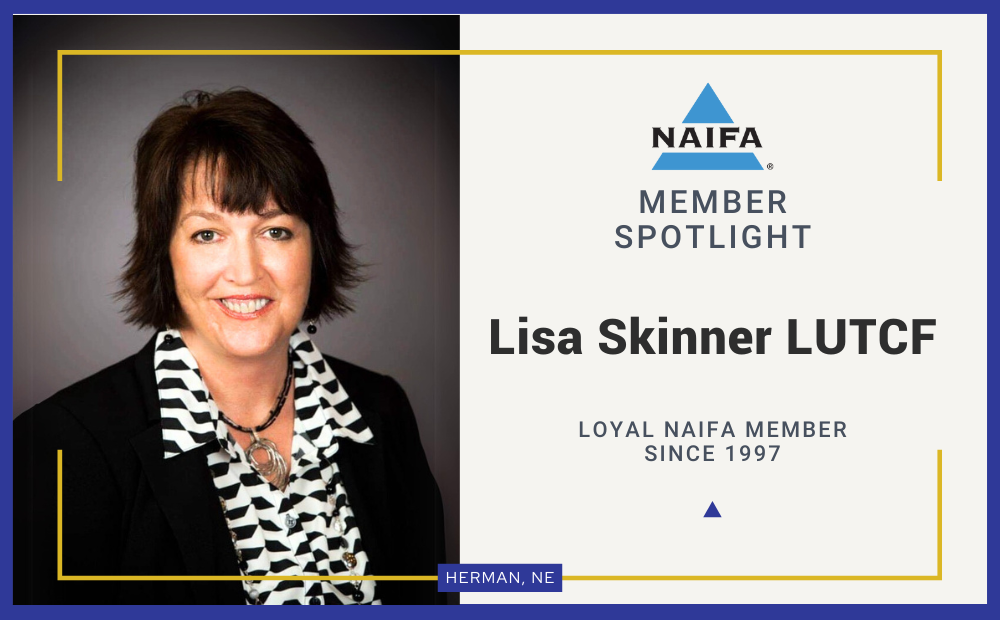A recent article in Forbes magazine points out the potential tax liabilities for companies that take out employer-owned life insurance, also known as corporate-owned life insurance (COLI), policies on employees without following notification and consent requirements laid out by federal law.
Under the COLI best practices, only the highest paid 35% of employees or directors and officers, who have a 5% or greater ownership position, can be insured by COLI. The notice and consent requirements consist of (1) the employer must notify the key employee that the employer intends to insure the employee’s life and the maximum amount of coverage that would be acquired (2) the employee must provide written consent (verbal consent is disallowed) and acknowledges that the employer may continue coverage after the insured employee terminates employment (3) the employee must consent to the fact that the employer will be the beneficiary of any life insurance proceeds.
NAIFA worked tirelessly with Congress to secure the passage of the 2006 Pension Protection Act, which incorporated the COLI best practices provisions.
NAIFA Immediate Past President Terry K. Headley told a reporter for a forthcoming article in Benefits Selling Magazine that COLI best practices are designed as a consumer protection in the employer/employee relationship and are a fitting example of the importance of small business owners working with competent, qualified, and knowledgeable insurance advisors, such as NAIFA members.
COLI provides an important safety net for many companies, protecting their financial health in the event of the death of an owner or key employee.








.png?width=300&height=300&name=CC%202025%20Ad%20(300%20x%20300%20px).png)
.png?width=300&height=600&name=Tax%20Talk%20Graphic%20-%20email%20tower%20(300%20x%20600%20px).png)



.png?width=300&name=NAIFA-FSP-LH%20with%20tagline%20-%20AT%20blog%20email%20ad%20(300%20x%20250%20px).png)
.png?width=728&height=89&name=2024%20Congressional%20Conference%20(728%20x%2089%20px).png)
